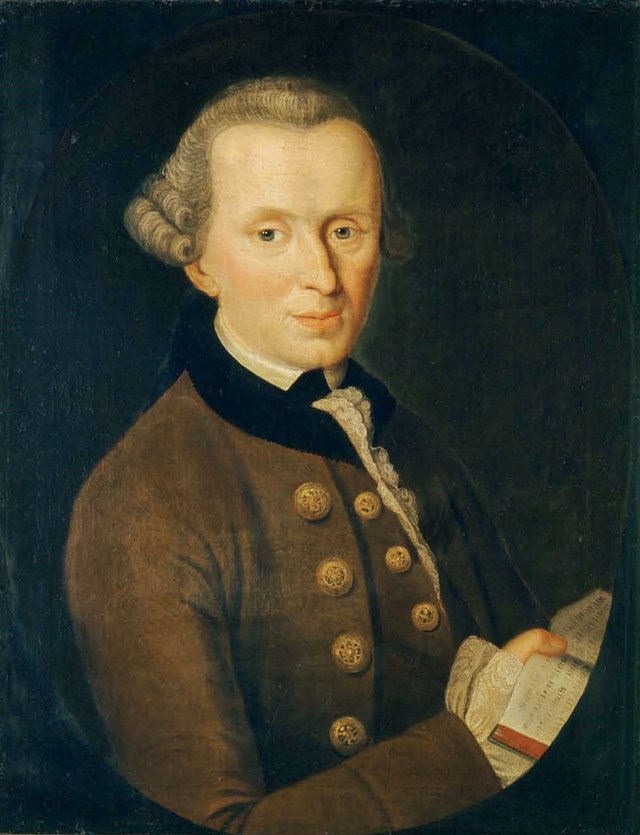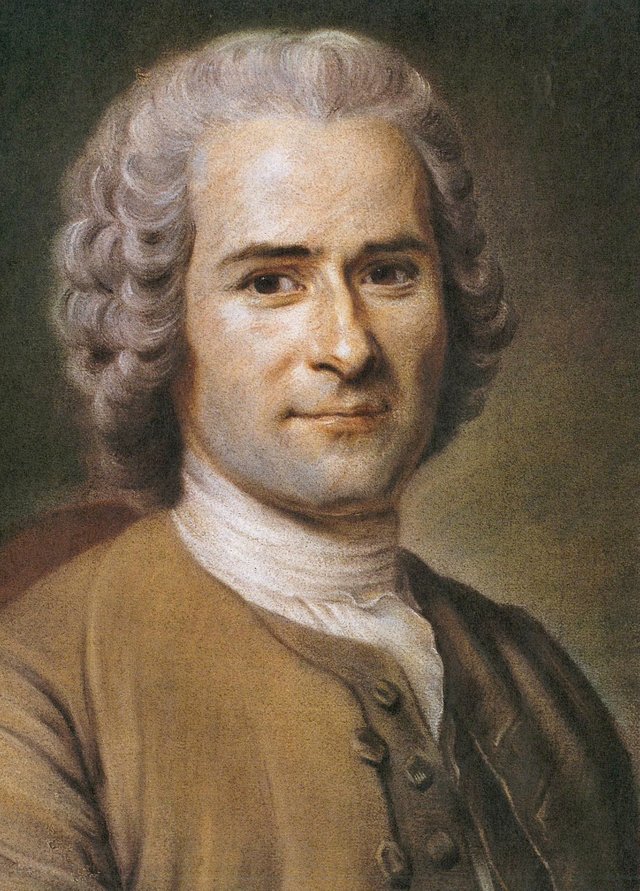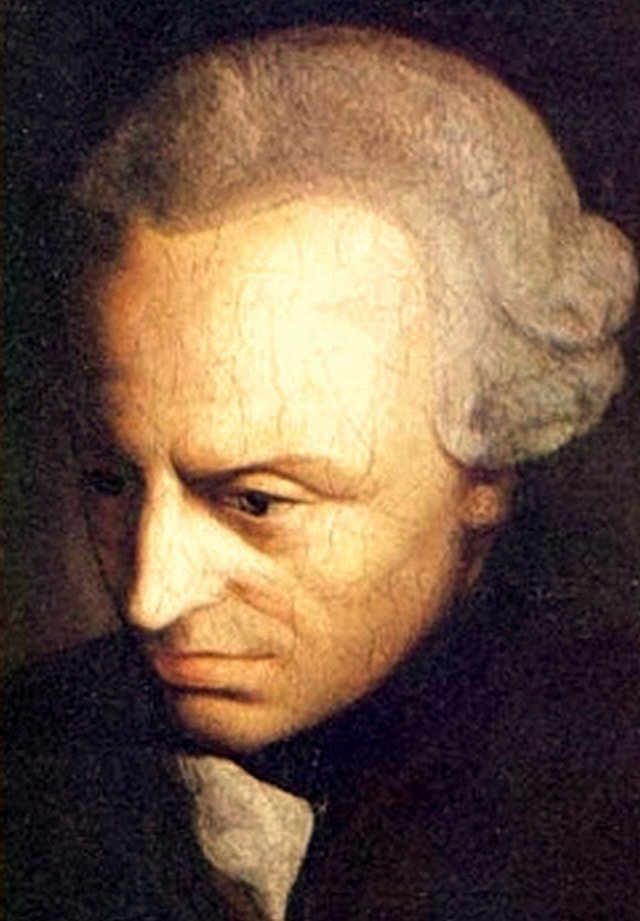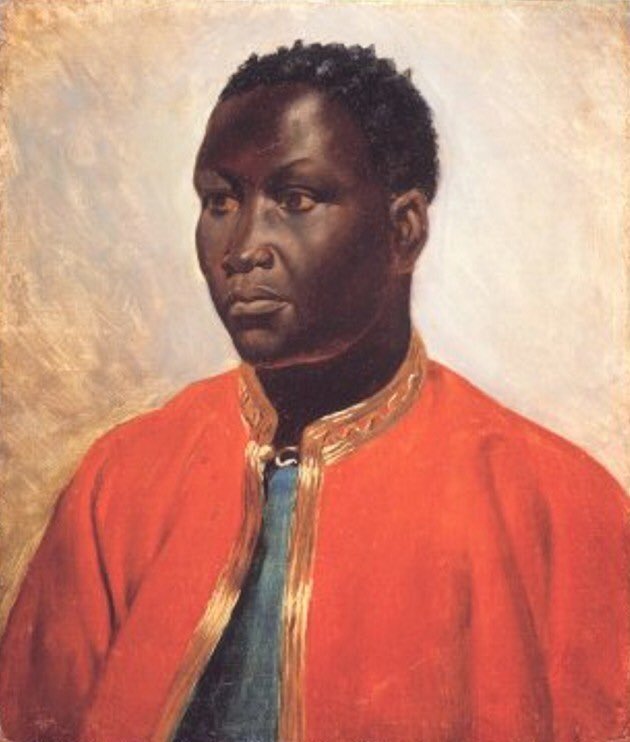The Colour of Reason: Emmanuel Eze
Introduction
It is often forgotten or even just totally ignored that Kant produced one of the more influential raciological studies. This forgetfulness from the West, Eze (2003: 501) claims, is due to the want to protect Kant as a “pure” thinker. Throughout the essay you will see that Kant is not a pure thinker at all, his remarks are highly problematic to say the least. The essay of Eze can be seen as having three essential parts: in the first part, he discusses Kant’s reading of Rousseau and how Anthropology and geography cannot be separated. In the second part, he describes Kant’s theory of race, and in the third part he critiques how Kant reached his conclusions.
Kant’s Understanding of Anthropology


To understand Kant’s conception of anthropology one needs to understand his notion of “physical geography”. Both these concepts are quite different from our contemporary understanding of them. According to Eze (2003: 503), Kant’s physical geography is the study of:
“the natural condition of the earth and what is contained on it: seas, continents, mountains, rivers, the atmosphere, man, animals, plants, and minerals.’ ‘Man’ is included in his study because humans are part and parcel of nature. But within ‘man’, nature is manifest in two ways, or in two aspects: externally (as body) and internal (as soul, spirit). To study ‘man’ in nature, or as part of nature, is therefore to study the two aspects of nature contained, revealed, or manifested in the human entity.”
For Kant the study of human’s is the combination of physical geography and anthropology. Physical geography studies traits of humans, like skin colour, and anthropology studies psychological traits.
“Thus while anthropology studies humans or human reality as they are available to the internal sense, geography studies the same phenomena as they are presented or available to the external sense” (Eze 2003: 503).
Furthermore, humans are elevated above animals because humans are “aware of an ego-concept”, this equates to humans being able to think. Consequently, this makes humans moral agents. But it is important to remember that the domain of the body is not the same as the mind or soul. Humans form part of nature, but our unique quality helps us transcend mere nature.
An important distinction is made accordingly between “what nature makes of humans” and “what humans make of themselves”. The former forms part of scientific knowledge, while the latter forms part of pragmatic and moral knowledge. There is a merge or intersection “since [human] is at once physical (bodily) and spiritual (psychological, moral)” (Eze 2003: 504).
Kant’s anthropology can be broken down even further. There is pragmatic anthropology which regards the inner realm of morality; physiological anthropology which deals with the physical unconscious nature and geography which deals with both empirical nature and its collective aspects. Geography, as stated earlier, studies the external physical body, such as race, and the first two studies morality and what we as humans ought to do.
“Moral philosophy presupposes physical geography and anthropology, for while the first two observe and provide knowledge of ‘actual behaviour of human beings and formulates the practical and subjective rules which that behaviour obeys’, moral philosophy seeks to establish ‘rules of right conduct, that is, what ought to happen’” (Eze 2003: 505).
But this underpins Kant’s main philosophy as well. It is well known that Kant wants to undermine Hume’s radical scepticism. Therefor, he turns to Rousseau, but this is where some misreadings of Rousseau leads Kant to his raciology.
Kant’s Doctrine of ‘Human Nature’ Based on His Reading of Rousseau
Kant defines Nature as “the existence of things under law” (Eze 2003: 506). Furthermore, he introduces “a method based […] on that which is fixed, permanent, and enduring in human nature.” Texts of Rousseau heavily influenced Kant, especially those about Rousseau’s “speculations on ‘human nature’”. I will now briefly discuss Eze’s discussion of Kant’s reading of Rousseau in order to show how Kant misread him in order to promote his raciology. The idea of a fixed essence of human nature helps Kant ground his metaphysical moral knowledge.

Rousseau states that what makes us human and distinct from animals are our language or speech. This is also the origin of society. Language is not natural; it is artificial and invented. It was invented when humans transcended animals, or when humans left the state of nature. This leads to civilized humanity, which consists of speech and society. However, there is a gap between civilized and pre-civilized humans. This gap helps Rousseau to formulate his famous adage: “Man is born free and everywhere is in chains.” Civilized nature bounds humans in ways they did not deicide themselves neither agreed to it. Rousseau implies that humans in the state of nature are happy.
“Rousseau’s contention is that civilization may have added many dimensions (such as articulate language and the culture of arts and sciences) to the reality of human existence, but, as ‘artificial’ overlays, they do not add anything of worth to the moral vocation of the human; in fact they may detract from it. Because civilization is artificial and superficial, it burdens that which is truly human in the individual” (Eze 2003: 508).
Some might read this as if humans need to turn back to the state of nature, but Kant proposes that “the ‘nature’ to which ‘man’ ought to return is not some precivilization, happy, primitive state, but a genuine cultivation of those high capacities that are specific to humans. […] Rousseau did not really want that man should go back to the state of nature, but that he should rather look back at it from the stage he has now attained” (Eze 2003: 508, 509). Accordingly, Kant makes the distinction between “the state of nature” and “the state of human nature”. We are part of the latter group and not the former. This is important because Kant wants to imply that the state of nature is not the ideal place which Rousseau implies. According to Kant, human nature as moral nature will help humans overcome the evil of the state of nature. This is the first important instance of where Kant reads Rousseau in a very peculiar way.
Furthermore, human nature is not only reason, but moral reasoning which is rationally stating one is a moral agent. This equips one with being able to morally improve or to gain self-perfectibility. Hence:
“The ‘goal’ of society and civilization is therefore tied to the destiny of the species: ‘to affect the perfection of man through cultural progress’. […] Humanity is clearly demarcated away from and against the natural state and elevated to a level where it has necessarily to construct in freedom its own culture. For Kant, it is this radical autonomy that defines the worth, the dignity, and therefore the essence of humanity” (Eze 2003: 509).
Kant, following his anthropological method, did not study humans in relation to pre-civilized humans – rather he moved from the starting point of humans being civilized. This is, in part, due to humans having an inner nature which is character. This is due to a natural disposition, temperament and rationality and morality. “Character in a moral sense which distinguishes human nature from animal nature” (Eze 2003: 510). Humans are, furthermore, aware of their freedom to make of him or herself this moral agent. Humans are under another law, that being
“to realize fully one’s freedom by overcoming the ‘rawness’ of nature, which, in moral terms, means to realize good out of (inherent) evil. […] The human project, then, is to overcome the state of nature by human nature, to overcome evil by good. In this project of overcoming ‘raw’ nature and the inherent condition of evil, history, Kant implies, is on the side of humanity –for humans are the only animals with history” (Eze 2003: 510, 511).
This is the second way in which Kant misreads or reads Rousseau in a peculiar way. Rousseau states his state of nature as a hypothetical unprovable narrative which does not bare to any historical event. Kant, however, reads this as being a fact, that it is the actual European’s history.

Kant’s Idea of ‘Race’
The taxonomy
Kant takes skin colour to be an indicator of “racial class”. Thus the classification of “white (Europeans), yellow (Asians), black (Africans), and red (American Indians)” (Eze 2003: 512). Kant used his moral psychology to study other culture’s custom and practices which were foreign to the European. These customs and practices, because it was not European, also became “not properly [or essentially] human”. Because of this, non-Europeans lacked the ability to develop “character”. This is due to a lack of “adequate self-consciousness and rational will” (Eze 2003: 512). As stated earlier, this is what makes someone human.
“From the psychological or moral stand-point, then, within Kant’s classification the American (i.e. in the context of this discussion, American Indian), the African, and the Hindu appear to be incapable of moral maturity because they lack ‘talent’, which is a ‘gift’ of nature” (Eze 2003: 512).
Thus, the difference is in that from the exterior there are no explanations for causes, rather one needs to look inwardly. Kant provides the “presumed rational ability or inability to ‘elevate (or educate) oneself into humanity”. He states that the Americans are not able to be educated, but the African can be trained as a slave. This training consists of coercion and corporal punishment.
However, this is presumed and uncritically accepted from various notions such as black vs. white and the corresponding evil vs. good and that European societies are the peak of civilization. Eze (2003: 513-514) writes:
“Kant states: ‘The white race possesses all motivating forces and talents in itself; therefore we must examine it somewhat more closely.’ Indeed, in his lectures and in the Anthropology, Kant’s preoccupation can be summarized as: an exercise in the sympathetic study of European humanity, taken as humanity in itself, and a demonstration of how this ‘ideal’ or ‘true’ humanity and its history is naturally and qualitatively (spiritually, morally, rationally, etc.) and quantitatively (bodily, physically, climatically, etc.) superior to all others.”

Kant gives various theories of how others are not white, but with all the theories white is seen as being superior and of the highest form from which other skin colours came. This extended beyond skin colour. Eze (2003: 515) writes:
“When he evaluated a statement with the comment: ‘this fellow was quite black from head to foot, a clear proof that what he said was stupid’. It cannot, therefore, be argued that skin colour for Kant was merely a physical characteristic. It is, rather, evidence of an unchanging and unchangeable moral quality. ‘Race’, then, in Kant’s view, is based upon an ahistorical principle of reason (Idee) and moral law.”
‘Race’: A Transcendental?
Kant’s view continues the dialogue from that era that “European humanity is the humanity par excellence”. Non-Europeans, and especially Africans, are seen as sub-human. These arguments are based on a priori rational arguments. Eze writes that it is “speculations with transcendental justifications”.
Critique of Kant’s Anthropology and Raciology
The doctrine of ‘human nature’
Kant read Rousseau’s distinction between “man in the state of nature” and “state of human nature” in a very specific and peculiar way. Rousseau states the former as a mere imaginary and hypothetical state. He might have eluded to it being a historical in other lesser known texts, but according to Eze Kant were familiar with both these notions of Rousseau’s. Where Rousseau’s texts where blurry on it being a historical fact, Kant did not make such blurry distinctions.
“Kant in his geography and anthropology uses the conjectured, hypothetical speculations (‘mere excursions’ of reason) as resources for establishing the supposed evidentiality of ‘race’ as transcendental, ahistorical idea of specie-class. Thus, ‘race’ as an a priori idea is founded on nature, where ‘nature’ is defined as ‘the existence of things under law’. Kant contradicts himself because, on the one hand, he insists (theoretically speaking) that his conjectural narrative about the beginnings and development of ‘human history’ is what it claims to be: conjectural. But, on the other hand, in his raciology Kant hierarchically posits first the American Indian, then ‘the [African]’ and the Asian as ‘primitive’ and inferior stages of humanity, for humanity proper is embodied only in the history of European life-formation (or, more accurately, in the existence of the white European male)” (Eze 2003: 519-520).
Essentialism
Kant might have been essentialist in the sense that he posited the true nature of humans is in what he or she ought to become, but there is no already-given which he essentializes. He is thus a normative essentialist.
However, is a racial essentialist. What is Kant’s essence of race? “Talent”, but what is this? This is according to Kant, an essential and “natural gift” white people inherently have, while non-Europeans inherently lack the evidence of this “natural endowment”. One can thus see in skin colour who received this natural gift. This essentialism is rooted in biology:
“Racial differences and racial classifications, Kant claimed, are based a priori on the reason of the natural scientist so that what the natural scientist does (a biologist, for example) is simply categorize species into their ‘Natural’ (read: a priori, prefixed, rational) classes (such as race)” (Eze 2003: 522).

Critique of sources
Kant did not really travel far from his home – thus his only sources were restricted to travel books and those who travelled. He believed, for example, that travel books and second-hand testimonies consisted of facts or academic or scientific work; in other words, that it could be substituted for field work. Eze (2003: 524-525) writes that:
“On closer examination, however, Kant’s racial theories, which he reached through a concern with geography, belong in an intimate way to Kant’s transcendental philosophy, or at least cannot be understood without the acknowledgment of the transcendental grounding that Kant explicitly provides them.”
Conclusion
It seems that Kant stated to be human and to be treated with the deserved dignity one needed to be a “white European male”; thus European was seen as civilized and human, while the rest was seen as barbaric. Eze (2003: 525) writes and concludes that:
“This universalist conjunction of metaphysics and anthropology is made possible by a philosophy which understands itself as the lieu of logos so that philosophical anthropology becomes the logocentric articulation of an ahistorical, universal, and unchanging essence of ‘man’.”
Sources
Eze, E. 2003. The Colour of Reason, in P.H. Coetzee & A.P.J. Roux (eds). The African Philosophy Reader: A text with readings. Second Edition. New York: Routledge.